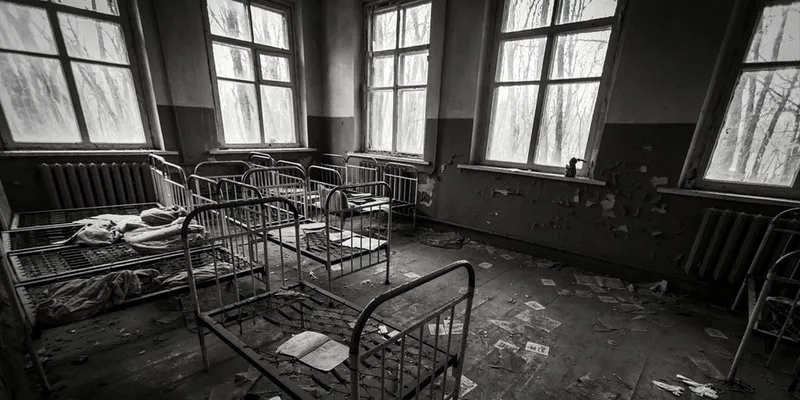Are you looking for some creative energy?
Let’s get right to today's writing prompt!
The task: write a fictional birth or death scene. Take those terms as literally or as figuratively as you please. (For instance, you might write about your birth as an activist or the death of a relationship or career). Once you have a paragraph or two, revise, revise, revise.
Avoid Cliches
The temptation to slip into cliché is powerful when writing both birth and death scenes; however, overused phrases and descriptions are a fine place to start. Once we have some material on the page, we have something to shape into meaningful, fresh prose. To begin, simply let yourself write.
Look for Concrete, Significant Details
When revising, look for concrete significant details that can serve to move us from the particular (the birth or death itself) to the universal (the greater truth). If you think you see a larger idea emerging, keep writing! Perhaps this scene can become a part of a larger story.
Find the Greater Truth
Ask yourself, what can I say with the specific (the event itself) that creates some lasting meaning? How can I let the truth of the piece emerge and linger with a reader long after they have finished reading my work?
Before you begin writing, you may want to revisit my post on scene writing where I detail exactly how to create a scene in creative writing. If you’re eager to get started, I’ll sum up the four main points for you below.
Give the Reader a Vicarious Experience
Aim to give the reader a vicarious experience… almost as if they are just standing outside the frame of the story and watching the events unfold. Doing so may lend a cinematic quality to you work. Think details and drawing on all the senses.
Craft Clear Images
Strong scenes hinge on clear images.
Use Scenes to Make Meaning
As creators of literary fiction or creative nonfiction, we are working to make meaning of the human experience. What is the greater truth that is emerging in your scene? Are you able to pull that idea through and create a longer story?
Show When It's Valuable to Do So
Move between showing (detailed scenes) and telling (exposition). The balance of these two tools will help to form a strong narrative.
I'd love to read what you come up with!
